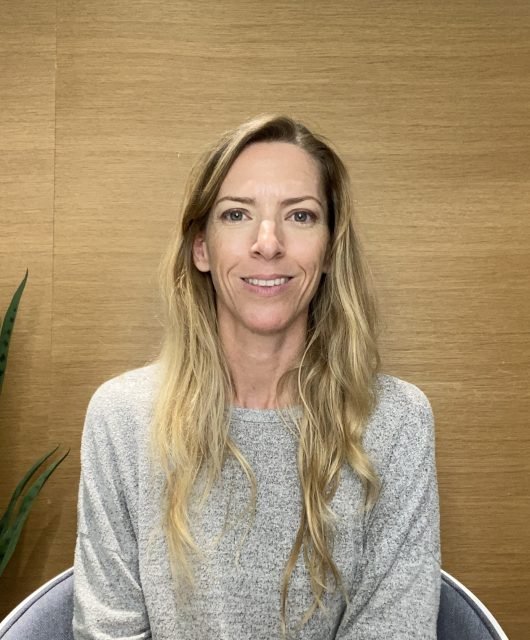The Power Of 4 Core Pillars For Communications In Times Of Crisis
By Benjamin Schroeder, Head of Global Regional Communications at Siemens Energy
Communicating Effectively During A Global Crisis

Effective corporate communication is vital, but never more so than during crises. Companies must ensure that their stakeholders remain well-informed despite the surrounding disruptions. Communicators must strive to maintain open and honest lines of dialogue, both internally and externally. This is an ongoing and evolving process because nobody knows how or when this global crisis will end.
At Siemens Energy, our work is mission-critical to the societies in which we operate. We support energy production, power generation and industrial development, energizing essential services from hospitals to homes.
Our Primary Stakeholders Are Our Employees
The wellbeing of our employees and their families is of paramount importance. These are the people who literally keep the lights on in the countries where we operate. We engage with them through a variety of platforms and forms of media. But in these uncertain times we also need to establish dialogue. Earlier this month, we brought together 1,000 colleagues in the UAE for a virtual townhall where we discussed the current situation and updated our team on key issues such as healthcare and back to office policies. The majority of our townhall was dedicated to addressing employee concerns resulting in nearly 150 questions being asked during the live session.
As the challenges we face evolve, the format and content of these townhalls will adjust to cater to the requirements.
Four core pillars support our internal communications strategy:
- Demonstrate leadership. Leaders are expected to communicate clear and accurate information about how we are responding to the crisis. We ensure that our executives are at the forefront of employee communications and are confident in discussing issues directly with teams. By leading from the front, this builds legitimacy through honest relationships and emphasizes the authenticity of the leaders.
- Communicate with transparency and stick to the facts. We provide information based only on guidance from credible sources. When updating employees in multiple countries, we aim to be prepared with facts from these locations. And above all, we avoid speculation.
- Show empathy. Amid the stresses of working from home and the global pandemic, employee wellbeing is a priority. Some employees may be struggling with isolation or having to juggle work with their responsibilities at home; those on the front line may be worried about the potential risks to their health. We recognize these feelings and are there to support our people in every way we can.
- It’s a conversation, not a monologue. While updates from leadership are important, it’s imperative to provide a platform for dialogue. Aside from regular townhalls, our internal networking tool Yammer has been great for this, as it allows our team to engage in conversations and post questions at any time.
It’s Our External Stakeholders That Drive Us
Effective communication with our customers, partners, and our suppliers, is of upmost importance to us. For our customers, our mission is to ensure the enduring functioning of their business-critical operations. Due to the severity of the current situation, now is the time to exceed their expectations – and that’s what we are doing, day by day. In this regard, timely, clear messaging is vital.
A fundamental component of our communications approach is to align our message with our customers. Good communication fosters a good relationship and enhances our ability to engage meaningfully with our customers. They appreciate our level of dedication in going the extra mile during these difficult times, and this ensures our relationships are strengthened, ready to flourish when better times return.
This year, our annual Middle East Partner Day, which has typically taken place in a different country each time, will be a fully digital event. While we won’t be able to come together in person, we will provide access to our key executives across the globe, to connect with our partners virtually. As the energy market in the region is changing faster than ever before, collaboration and a free flow of ideas, is crucial for success.
Four core pillars support our external communications strategy:
- Value. A message must have value and be informative to give it importance. People listen when they know you have something of value to say.
- Availability. We actively monitor the messaging and public sentiment around Siemens Energy. Our brand is valuable, and the Siemens name carries the weight of an impressive history. We seek to preserve and enhance this, so are ready to engage with critics and fans alike.
- Timeliness. In this digital age we must be fast – news cycles and attention spans are shorter. We aim to be proactive rather than reactive. Misinformation spreads quickly and needs to be countered swiftly.
- Flexibility. Volatility and uncertainty are an inherent part of modern life. More so in the current global environment. Being agile enough to adapt to volatile circumstances is invaluable in being able to influence different audiences’ attitudes and actions toward your business.
Whether internal or external, the way we communicate and what we say has never been more important. Our messages travel further and are examined more keenly than ever before. But at the same time, competition for attention has never been stiffer, making it easier for our communications to be drowned out by noise. All the media we produce must be carefully crafted and our strategies executed effectively to maximize impact.





